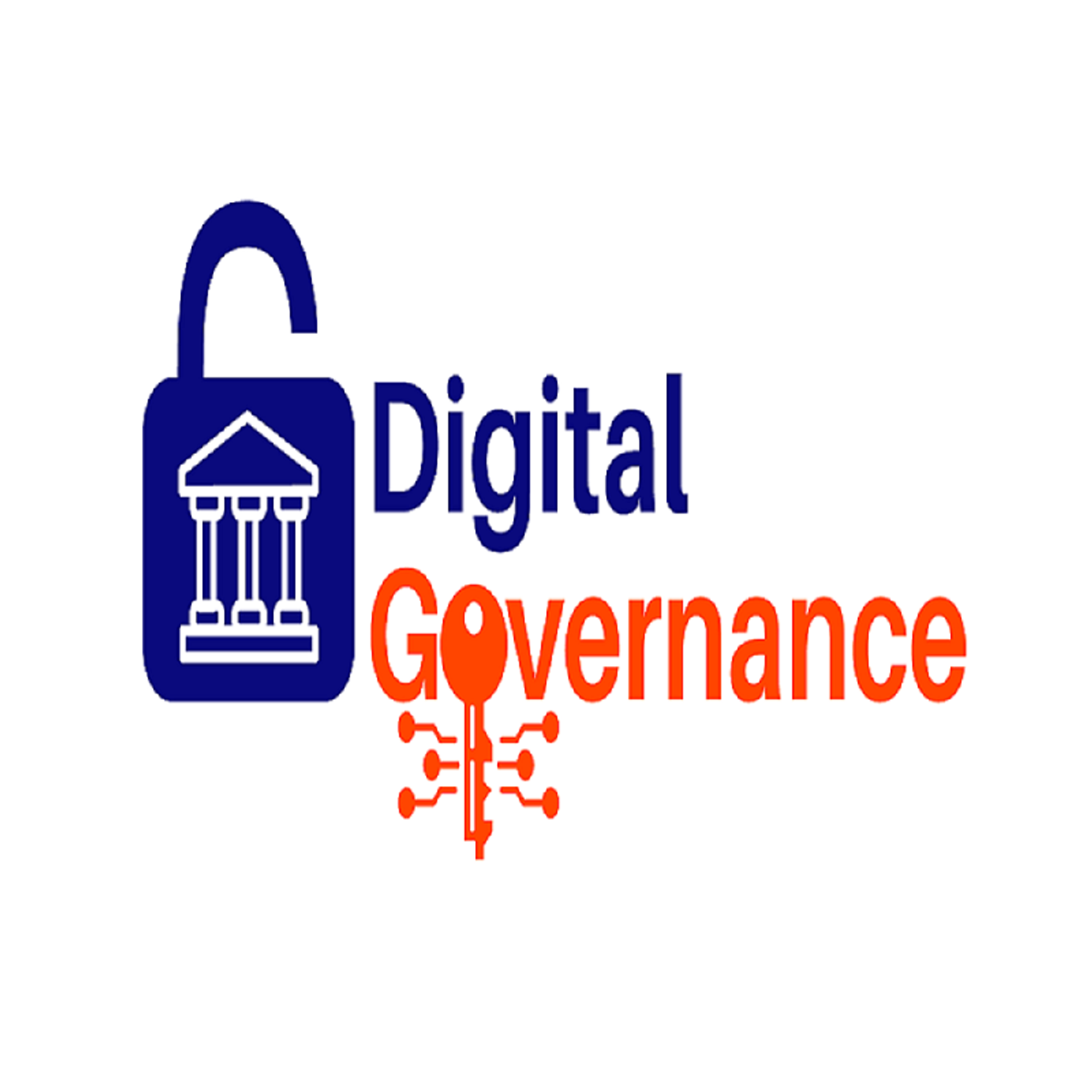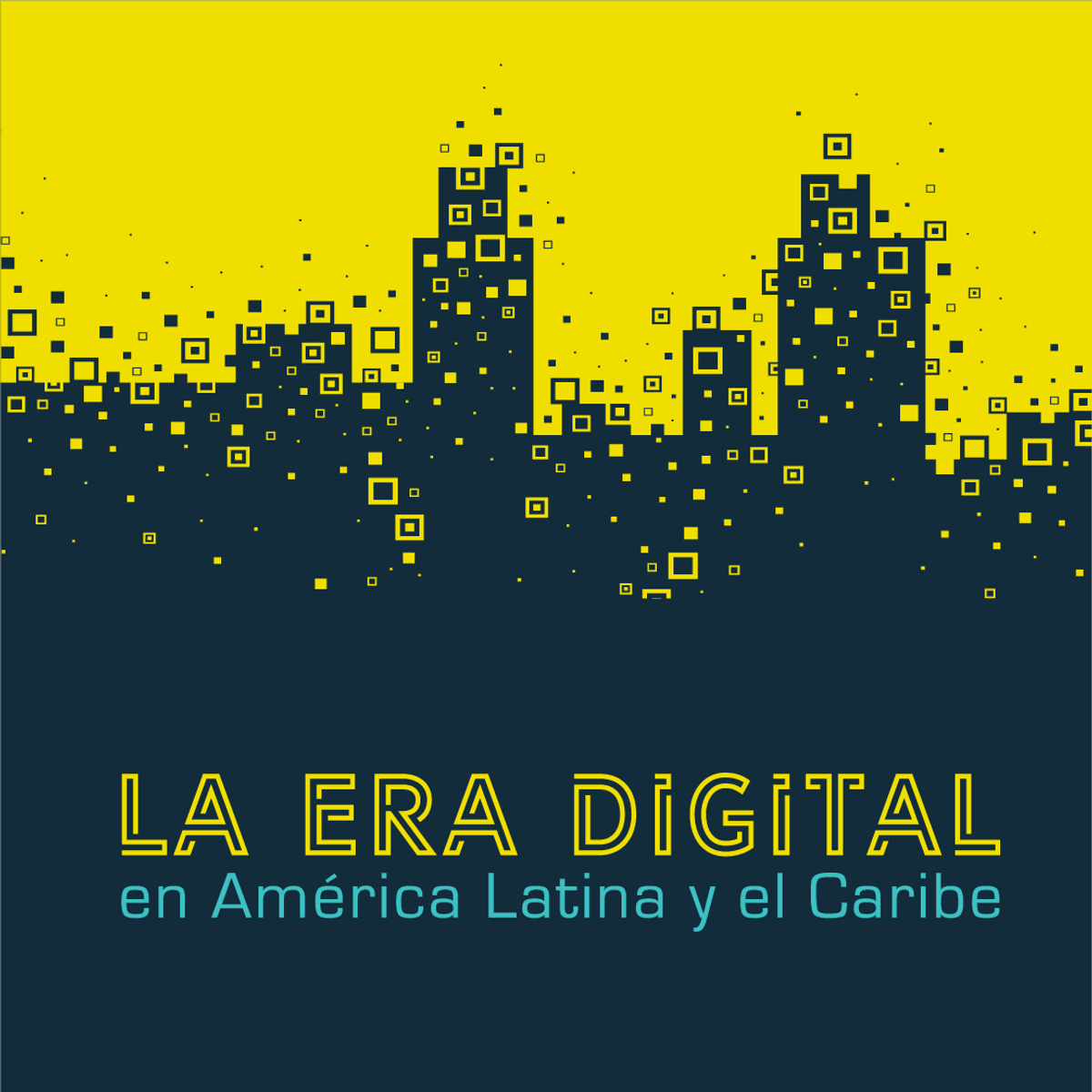Technology Policy Analyst
Exploring a Career as a Technology Policy Analyst
A Technology Policy Analyst operates at the crucial intersection of technological advancement and societal governance. This role involves examining how new technologies impact society, the economy, and individuals, and then developing frameworks, guidelines, or regulations to manage these effects. It requires understanding both the technical aspects of emerging innovations and the complex legal, ethical, and social landscapes they inhabit.
Working in this field can be deeply engaging. Analysts grapple with cutting-edge issues like artificial intelligence ethics, data privacy in the digital age, and the future of cybersecurity. They often influence important decisions in government, industry, and non-profit sectors, contributing to shaping a future where technology serves humanity responsibly. For those fascinated by both technology's potential and its challenges, this career offers a unique vantage point.
What Does a Technology Policy Analyst Do?
The daily work of a Technology Policy Analyst involves a blend of research, analysis, communication, and strategy. They are tasked with understanding complex technological systems and anticipating their potential consequences, both intended and unintended.
Analyzing Laws and Regulations
A core function is scrutinizing existing and proposed legislation related to technology. This includes laws governing data usage, cybersecurity standards, intellectual property for software, and regulations for emerging fields like autonomous vehicles or genetic editing. Analysts assess the potential impact of these rules on innovation, economic competitiveness, and public welfare.
They must stay current with rapidly evolving legal landscapes, often comparing approaches across different jurisdictions. Their analysis helps policymakers understand the trade-offs involved in different regulatory choices, ensuring laws are both effective and adaptable to technological change.
This requires a sharp analytical mind capable of dissecting dense legal text and technical documentation. The goal is to translate complex requirements into clear implications for stakeholders, from tech companies to consumer advocacy groups.
Assessing Stakeholder Impacts
Technology policy decisions rarely affect everyone equally. Analysts conduct thorough assessments to understand how different groups—consumers, corporations, specific industries, marginalized communities, government agencies—will be impacted by a new technology or policy.
This involves gathering data, consulting with experts, and engaging directly with affected parties. Methods might include surveys, interviews, economic modeling, and scenario planning to forecast potential outcomes under different policy scenarios.
The aim is to provide a balanced view, highlighting potential benefits, risks, and equity concerns. This evidence-based approach informs more considered and fair policy development, ensuring diverse perspectives are acknowledged in the decision-making process.
Drafting Policy Recommendations
Based on their research and analysis, Technology Policy Analysts develop concrete recommendations. These might take the form of policy briefs, white papers, draft legislation, or internal strategy documents for organizations.
Recommendations need to be clear, actionable, and grounded in evidence. They often propose specific regulatory language, suggest new governance models, or outline best practices for technology deployment.
This requires strong writing and persuasive communication skills. Analysts must articulate complex ideas concisely and tailor their message to different audiences, whether high-level executives, elected officials, or the general public.
To effectively craft policy, understanding the underlying principles is key. These resources explore the intersection of technology, society, and governance.
Further reading can provide deeper insights into the philosophies and challenges shaping technology policy.
Monitoring Technological Trends
The tech landscape changes constantly. A critical part of the job is staying ahead of the curve, identifying emerging technologies, and understanding their potential societal implications before they become widespread.
This involves reading technical papers, attending industry conferences, engaging with researchers, and tracking market developments. Analysts look beyond the hype to assess the real potential and risks associated with innovations like quantum computing, synthetic biology, or advanced AI.
Their insights help organizations and governments prepare for future challenges and opportunities. Proactive analysis allows for thoughtful policy development rather than reactive measures after problems arise.
Essential Skills and Qualifications
Success as a Technology Policy Analyst requires a unique blend of technical understanding, analytical rigor, and communication prowess. It's an interdisciplinary field drawing on expertise from various domains.
Technical Literacy
While not typically requiring deep coding skills, analysts need a solid grasp of how key technologies work. This includes understanding the fundamentals of areas like artificial intelligence, cybersecurity, data science, cloud computing, and potentially biotech or advanced materials, depending on their focus area.
Think of it like being conversationally fluent in technology. You need to understand the core concepts, capabilities, limitations, and potential risks of different technologies to analyze their policy implications accurately. For example, analyzing AI policy requires knowing about different types of algorithms, data biases, and how machine learning models are trained.
This literacy allows analysts to engage meaningfully with technical experts, ask insightful questions, and avoid policy decisions based on misunderstandings of the technology itself. It's about bridging the gap between the technical and policy worlds.
These courses offer foundational knowledge in key technology areas relevant to policy analysis.
Legal and Policy Analysis Skills
Analysts must be adept at interpreting laws, regulations, and policy documents. This involves identifying key requirements, understanding legal precedents, and assessing the enforceability and potential loopholes in policy frameworks.
Strong critical thinking is essential to evaluate policy effectiveness and anticipate unintended consequences. Analysts need to weigh competing interests, understand political dynamics, and structure logical arguments supported by evidence.
Familiarity with the legislative process, regulatory procedures, and principles of administrative law is often crucial, particularly for roles in government or heavily regulated industries.
Understanding the legal dimensions of technology is crucial. This course delves into the intersection of AI and law.
Data Analysis and Communication
Technology policy is increasingly data-driven. Analysts need skills in gathering, interpreting, and visualizing data to support their arguments. This might involve basic statistical analysis, understanding economic models, or using tools to create compelling charts and infographics.
Data visualization helps translate complex findings into formats easily understood by non-technical audiences. Strong communication skills—both written and verbal—are paramount for presenting analysis clearly and persuasively.
Analysts often need to brief senior leaders, testify before committees, write public reports, and facilitate discussions among diverse stakeholders. The ability to articulate complex issues simply and effectively is key.
Typical Educational Backgrounds
There isn't one single path to becoming a Technology Policy Analyst. Many professionals hold degrees in fields like Public Policy, Political Science, Law, Economics, or International Relations, often with a specialization or demonstrated interest in technology.
Alternatively, individuals with STEM backgrounds (Computer Science, Engineering, Data Science) who develop strong policy analysis and communication skills are also highly valued. Interdisciplinary programs combining technology and policy are becoming more common and offer excellent preparation.
Advanced degrees (Master's or PhD) are common, especially for research-intensive or senior roles, but practical experience and demonstrated skills can be just as important. Regardless of the degree, a portfolio showcasing analytical work and policy writing is often beneficial.
You can explore relevant academic fields on OpenCourser, such as Public Policy or Political Science.
Formal Education Pathways
Structured academic programs provide a strong foundation for a career in technology policy. These routes combine theoretical knowledge with practical skills development.
Undergraduate Foundations
A bachelor's degree is typically the minimum requirement. Strong foundations can be built through degrees that blend quantitative reasoning, critical analysis, and communication skills. Programs in Public Policy, Political Science, Economics, or Law provide policy grounding.
Pairing these with minors or coursework in Computer Science, Data Science, or a specific scientific field can create a valuable interdisciplinary profile. Some universities offer specific tracks or majors focused on Science, Technology, and Society (STS) or related areas.
Regardless of the major, courses focusing on research methods, statistics, ethics, and technical writing are highly beneficial. Building a broad knowledge base during undergraduate studies prepares students for more specialized work later.
Specialized Master's Programs
Many aspiring analysts pursue master's degrees specifically focused on technology policy, science and technology policy, or related fields like cybersecurity policy or information policy. These programs offer advanced coursework on regulatory frameworks, policy analysis techniques, and specific technology domains.
Leading universities often house specialized centers or schools dedicated to public policy or international affairs, which frequently host these programs. Examples include Master of Public Policy (MPP), Master of Public Administration (MPA), or specialized Master of Science degrees.
These programs often incorporate practical components like capstone projects, policy labs, or required internships, providing valuable hands-on experience and networking opportunities.
Doctoral Research and Influence
A PhD is generally required for academic positions or high-level research roles in think tanks or government agencies. Doctoral research in areas related to technology policy contributes directly to the knowledge base informing policy debates.
PhD candidates delve deep into specific issues, such as AI governance models, the economics of digital platforms, cybersecurity norms, or the ethical implications of genetic technologies. Their dissertations often shape policy discourse and contribute original analysis.
While a long commitment, a PhD provides unparalleled expertise and credibility in a chosen subfield, opening doors to leadership roles in research and policy development.
The Role of Internships
Practical experience is invaluable. Internships in government agencies (like congressional offices, regulatory bodies), technology companies (in policy or government relations teams), think tanks, or non-profit advocacy groups provide real-world exposure.
Internships allow students to apply academic knowledge, develop professional skills, build a network, and understand the day-to-day realities of policy work. They often serve as a crucial stepping stone to entry-level positions after graduation.
Securing relevant internships during undergraduate or graduate studies significantly strengthens a candidate's profile and demonstrates a commitment to the field.
Online Learning and Self-Directed Study
For those transitioning careers or looking to supplement formal education, online learning offers flexible and accessible pathways to develop the necessary skills and knowledge for technology policy analysis.
Transitioning via Online Education
It is certainly possible to build a foundation or pivot into technology policy using online resources. Online courses allow learners to acquire specific knowledge areas—like AI ethics, cybersecurity fundamentals, or data analysis for policy—at their own pace.
This route requires discipline and proactivity. Learners must curate their own curriculum, identify reputable courses, and actively seek ways to apply their learning. While challenging, it offers flexibility for those balancing learning with existing work or personal commitments.
Success often involves combining online coursework with networking, independent projects, and potentially seeking mentorship from professionals in the field. Demonstrating acquired skills through a portfolio becomes even more critical for self-directed learners.
OpenCourser's Learner's Guide offers tips on structuring self-study and making the most of online courses.
Recommended Course Combinations
A well-rounded online curriculum might combine courses covering technical fundamentals, policy analysis methods, legal and ethical frameworks, and communication skills. For instance, one might pair an introductory course on AI with another on public policy analysis, and a third on data visualization.
Look for courses that offer practical exercises, case studies, or project components. Prioritize content from reputable institutions or instructors known in the field. Combining courses from different disciplines mirrors the interdisciplinary nature of the role itself.
OpenCourser allows you to browse courses across categories like Technology, Public Policy, and Data Science, and save potential options to a list for comparison using the "Save to list" feature.
These courses cover relevant domains like digital transformation, innovation, and ethics, useful for building a broad understanding.
Building a Portfolio with Independent Projects
Theoretical knowledge needs practical application. Self-directed learners should undertake independent projects to demonstrate their skills. This could involve writing a policy brief on a current tech issue, analyzing a dataset related to technology adoption, or developing a mock regulatory impact assessment.
Choose projects that align with areas of interest and showcase analytical and communication abilities. Publishing analyses on blogs, platforms like Medium, or contributing to open-source policy initiatives can build visibility.
A strong portfolio serves as tangible proof of competence, often crucial when lacking traditional credentials or direct work experience in the field. It demonstrates initiative and passion for technology policy issues.
Supplementing with Certifications
While formal degrees remain common, niche certifications can supplement learning and signal expertise in specific areas. Certifications in cybersecurity (like CompTIA Security+), data privacy (like CIPP), or specific technologies (cloud platforms, AI tools) can be valuable additions.
These certifications often focus on practical skills and industry standards. They can be particularly useful for those transitioning from technical roles or seeking to specialize within technology policy.
Evaluate certifications based on industry recognition and relevance to your target roles. They demonstrate a commitment to continuous learning and can help bridge skill gaps identified through self-assessment or job market research.
Career Progression and Opportunities
A career in technology policy analysis offers diverse pathways for growth across various sectors. Progression often involves increasing levels of responsibility, specialization, and strategic influence.
Entry-Level Roles
Graduates typically start in roles like Policy Research Associate, Junior Analyst, or Legislative Assistant. These positions focus on supporting senior analysts through research, data gathering, drafting memos, and monitoring policy developments.
Entry-level roles provide essential experience in policy analysis methods, stakeholder engagement, and the workings of the specific sector (government, industry, non-profit). They are crucial for building foundational skills and understanding the nuances of the field.
Strong analytical, research, and writing skills are key to success at this stage. Building a network and seeking mentorship are also important for future advancement.
Mid-Career Paths
With experience, analysts often specialize in specific areas like AI ethics, cybersecurity regulation, platform governance, or telecommunications policy. Mid-career roles might include titles like Senior Policy Analyst, Program Manager, or Policy Advisor.
Paths diverge depending on the sector. In government, analysts might influence legislation or regulation within agencies or legislative bodies. In the corporate world, they might lead policy strategy, manage government relations, or ensure product compliance.
Non-profits and think tanks offer roles focused on research, advocacy, and public education. International organizations provide opportunities to work on global technology governance issues.
Leadership Positions
Senior professionals can advance to leadership roles with significant strategic responsibility. Titles might include Director of Policy, Head of Government Affairs, Chief Technology Policy Officer, or Partner (in consulting firms).
These roles involve setting policy agendas, managing teams, representing the organization externally, and engaging with high-level decision-makers. Deep expertise, strong leadership skills, and an extensive professional network are essential.
Some experienced analysts also transition into academia, executive roles in tech companies, or found their own consultancies or advocacy organizations.
Alternative Roles and Pivots
The skills developed as a Technology Policy Analyst are transferable to various related fields. Analysts might pivot into roles in product management (especially for regulated products), business analysis, market analysis, technology consulting, or strategic foresight.
Expertise in specific domains like AI ethics or data privacy can lead to specialized consulting or advisory roles. Experience in advocacy can transition into communications, public relations, or non-profit leadership.
The interdisciplinary nature of the role provides a solid foundation for diverse career trajectories, both within and outside the core field of technology policy.
Ethical Challenges in Technology Policy Analysis
Technology policy is fraught with complex ethical dilemmas. Analysts must navigate these challenges thoughtfully, considering the broader societal impacts of their recommendations.
Balancing Innovation and Public Safety
A central tension exists between fostering technological innovation and ensuring public safety, privacy, and well-being. Policies that are too restrictive can stifle progress and economic growth, while overly permissive approaches can lead to harm.
Analysts must weigh potential risks against benefits, considering vulnerable populations and long-term consequences. This requires careful judgment and a commitment to evidence-based decision-making, often in the face of uncertainty about future technological capabilities.
Finding the right balance involves ongoing dialogue with technologists, ethicists, industry players, and the public to develop adaptive regulatory frameworks.
Books exploring the societal impact and ethical dimensions of technology can provide valuable perspectives.
Addressing Algorithmic Bias and Equity
AI and automated systems can perpetuate and even amplify existing societal biases, leading to discriminatory outcomes in areas like hiring, lending, and criminal justice. Technology policy must address these risks proactively.
Analysts grapple with questions of fairness, accountability, and transparency in algorithmic systems. Developing policies that promote equity requires understanding how bias enters systems and designing mechanisms for detection and mitigation.
This involves engaging with technical solutions (like fairness-aware machine learning) as well as broader societal strategies to address root causes of inequality.
These readings delve into the intersection of AI, ethics, and societal structures.
Global Disparities in Regulation
Technology operates globally, but regulatory approaches vary significantly across countries and regions. This creates challenges for multinational companies and complicates efforts to address cross-border issues like data flows or cybercrime.
Analysts must consider these global disparities, understanding how different legal and cultural contexts shape technology governance. They may work on harmonizing standards or navigating conflicting regulatory demands.
Ethical considerations arise regarding the impact of technology deployment in regions with weaker regulatory oversight or fewer resources for enforcement, potentially exacerbating global inequalities.
Dilemmas in Emerging Technologies
Rapid advancements in fields like neurotechnology, synthetic biology, and quantum computing present novel ethical challenges that existing frameworks may not adequately address. Policy analysts must anticipate future dilemmas.
Questions about cognitive liberty, genetic privacy, autonomous weapon systems, or the societal impact of superintelligence require deep ethical reflection and foresight. Developing policies for technologies that are still speculative involves navigating high degrees of uncertainty.
This forward-looking aspect of the role demands continuous learning and engagement with philosophical, ethical, and societal debates about the future of humanity and technology.
Exploring future scenarios and the philosophy behind AI can help frame these emerging dilemmas.
Global Trends Shaping Technology Policy
Technology policy is influenced by broad geopolitical, economic, and technological trends. Understanding these dynamics is crucial for effective analysis and strategy.
Divergent Regulatory Approaches
Major economic blocs like the European Union, the United States, and China often adopt distinct approaches to technology regulation. The EU tends towards comprehensive, rights-based regulation (e.g., GDPR), the US often favors market-driven solutions and sectoral regulation, while China implements state-centric controls.
These divergences create complexity for global technology companies and impact international data flows, trade, and standards development. Analysts must understand these different philosophies and their practical implications.
Monitoring international developments, such as reports from organizations like the OECD on the digital economy, is essential for staying informed about these varying approaches.
Cross-Border Data Governance
The flow of data across borders is fundamental to the digital economy but raises significant policy challenges related to privacy, security, and national sovereignty. Establishing international norms and agreements for data governance is a major ongoing effort.
Issues like data localization requirements, cross-border data transfer mechanisms (like EU-US adequacy decisions), and conflicting surveillance laws impact businesses and individuals globally.
Technology policy analysts working in multinational corporations or international organizations often focus heavily on navigating these complex data governance landscapes.
Impact of Quantum and Biotech Advances
Breakthroughs in foundational technologies like quantum computing and biotechnology promise transformative impacts but also pose significant policy challenges. Quantum computing could break current encryption standards, requiring new cybersecurity approaches.
Advances in gene editing (like CRISPR) raise profound ethical and regulatory questions about human enhancement and biosecurity. Policy frameworks must adapt to manage the risks and harness the benefits of these powerful new capabilities.
Analysts need to track these scientific frontiers and engage in forward-looking policy development to prepare society for their implications. The World Economic Forum often discusses the societal impact of such advancements.
Books exploring these transformative shifts provide context.
Role of Multilateral Organizations
International bodies like the Organisation for Economic Co-operation and Development (OECD), the United Nations (and its agencies like the ITU), the World Trade Organization (WTO), and various standards development organizations play key roles in shaping global technology norms and policies.
These organizations facilitate dialogue, conduct research, develop guidelines, and sometimes negotiate treaties related to digital trade, AI ethics, cybersecurity cooperation, and internet governance.
Understanding the mandates, processes, and influence of these multilateral institutions is important for analysts working on international technology policy issues.
Frequently Asked Questions
Here are answers to some common questions about pursuing a career as a Technology Policy Analyst.
What are typical salary ranges?
Salaries vary significantly based on location, sector (government, private, non-profit), level of experience, and education. Entry-level positions might start around $50,000-$70,000 USD in the US, while mid-career analysts can earn $80,000-$130,000 or more.
Senior roles, particularly in the private sector or specialized consulting, can command salaries well above $150,000, sometimes exceeding $200,000 for leadership positions. Government salaries are often lower but may offer greater job security and benefits. Geographic hubs like Washington D.C., Silicon Valley, and Brussels often have higher salary expectations but also higher costs of living.
Reliable data can sometimes be found through government sources like the Bureau of Labor Statistics for related occupational categories, though specific "Technology Policy Analyst" data might be limited.
How can I transition from a technical role?
Transitioning from a purely technical role (like software engineering or data science) is common. Leverage your technical expertise as a unique strength. Focus on developing complementary skills in policy analysis, legal frameworks, economics, and communication.
Consider pursuing relevant online courses, a graduate degree in public policy or a related field, or seeking internal roles within your current organization that bridge technology and policy (e.g., working on compliance, standards, or technical strategy).
Networking with policy professionals, attending relevant conferences, and undertaking side projects like writing policy analyses can help demonstrate your interest and build credibility in the policy space.
What is the demand outlook for this field?
The demand for Technology Policy Analysts is generally considered strong and growing. As technology becomes more pervasive and complex, the need for experts who can navigate its societal implications increases across all sectors.
The rise of AI, concerns about data privacy, cybersecurity threats, and ongoing debates about platform regulation are driving demand in government, industry, consulting, and advocacy organizations. The interdisciplinary nature of the skills required makes analysts valuable assets.
While specific forecasts may vary, the increasing intersection of technology with every aspect of society suggests a positive long-term outlook for professionals in this field.
What are the key challenges for new entrants?
New entrants may face challenges in bridging the gap between technical understanding and policy nuance. Building credibility requires demonstrating both technical literacy and strong analytical/communication skills tailored to policy audiences.
The field can be competitive, especially for desirable roles in influential organizations. Gaining relevant experience through internships or entry-level positions is crucial but can be challenging to secure.
Staying current with the rapid pace of technological change and the evolving policy landscape requires continuous learning and adaptation, which can be demanding.
Is remote work common in this field?
The feasibility of remote work varies. Many think tanks, consulting firms, and tech companies offer remote or hybrid arrangements, particularly for research and analysis roles. However, positions involving direct government relations, legislative advocacy, or high-level stakeholder engagement often require presence in key locations like Washington D.C. or Brussels.
Government roles may have more traditional in-office requirements, though flexibility has increased post-pandemic. The trend towards remote work is present, but the need for in-person networking and lobbying in certain subfields persists.
Job descriptions usually specify location requirements, so research specific opportunities to understand expectations.
Can I advance without an advanced degree?
While advanced degrees (Master's, JD, PhD) are common and often preferred, particularly for research or senior roles, advancement without one is possible. Significant relevant work experience, demonstrated expertise in a specific domain, a strong professional network, and exceptional analytical and communication skills can compensate for formal academic credentials.
Building a strong portfolio of policy work, obtaining relevant professional certifications, and showcasing leadership potential through project management or team leadership can facilitate career progression.
However, certain pathways, especially in academia or high-level government research, may remain challenging without an advanced degree.
Embarking on a career as a Technology Policy Analyst is a challenging yet rewarding path for those passionate about shaping the future of technology's role in society. It requires continuous learning and adaptation, but offers the opportunity to contribute to some of the most critical issues of our time. Whether through formal education or self-directed learning aided by resources like OpenCourser, building the necessary interdisciplinary skills is the key to success in this dynamic field.










